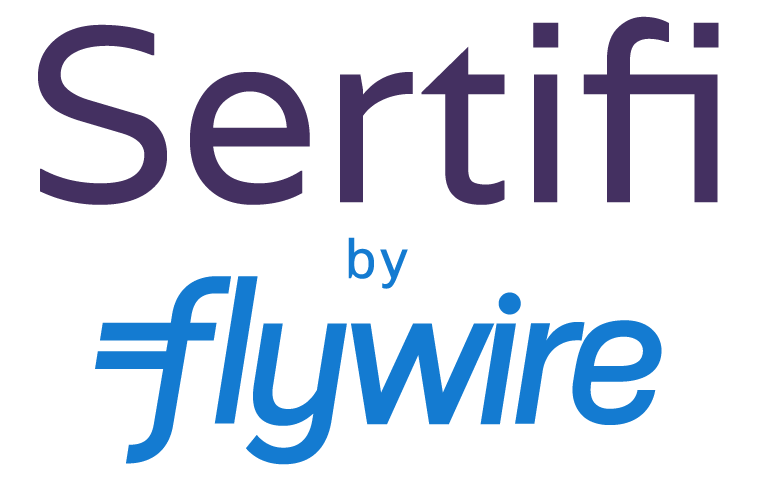Hotel Payments Series: ACH in 2023 – You’ve Come a Long Way
ACH payments, otherwise known as eChecks, are electronic payments that get transferred between U.S. bank accounts by the Automated Clearing House Network (ACH) network. Nacha, formerly the National Automated Clearing House Association, manages and sets rules for the network, while The Federal Reserve and The Clearing House help operate it.
Stay tuned for a post about locally preferred payment methods, which utilize bank-to-bank transfers, but for now we’ll focus on ACH and the U.S.
While cards are very convenient, especially for guest stays, they are also very costly for event deposits. Paper checks and wires are much more cost effective but add friction and time to the sales process and are very inefficient for hotel staff. ACH offers hotels a way to take payments electronically to capture the efficiency of card payments with the lower transaction-related costs of a wire.
Benefits of ACH (eCheck) as a Hotel Payment Option
Lower Costs
ACH transactions are generally priced at one-third to one-sixth of the cost of a credit card transaction.
Instant Bank Validation
This is the best thing to happen to ACH in my personal experience with it. Companies like Stripe, Plaid, and many others now offer a way to link a payer bank account to ensure transactions will hit the proper bank account. Moreover, it’s possible to check balances and transaction history to provide a much lower chance of the transaction being rejected for NSF. While not as reliable as an authorization in the credit card world, it’s far better than the “hit and hope” traditionally associated with ACH or eCheck processing.
Surcharging
Regulation changes in the mid 2010s allow merchants to charge a surcharge to cover credit card fees. This can be especially helpful for events and groups where the transaction amounts can easily be in the tens of thousands. However, the rules state you also have to offer an alternative without the surcharge. ACH can be your solution.
Compliance Topics to Discuss with Your Vendor
Supplementary Data Requirements: Phase 2
Under ACH data protection regulations, large third-party senders and service providers must keep electronically stored account information in an unreadable format (via encryption or tokenization, for example). Phase 1 framework requires compliance for parties with an annual ACH volume of 6 million or more transactions. As of June 2022, Phase 2 lowers the threshold to parties with an annual volume of two million or more transactions.
Web Debit Account Validation Rule
Enforced starting in March 2022, Nacha requires ACH originators of WEB debit entries to use a commercially reasonable fraud detection solution to verify new consumer account information. WEB debit entries are debits to consumers’ accounts where authorization is communicated on the internet or a wireless network.
Third-Party Sender (TPS) Roles & Responsibilities
As of September 2022, Nacha released Third-Party Sender Roles and Responsibilities. These rules provide more clarity on the roles and responsibilities of third-party senders (TPS) in the network, specifically addressing the existing practice of Nested Third-Party Sender (NTPS) relationships. If third-party senders do not already address Nested Third-Party Senders in their agreements, they will need to modify origination agreements for future use. Learn more on the Nacha website.
Nacha has a ton of resources to help merchants stay educated and compliant. I highly recommend visiting their resource center, and our team’s always happy to help answer your questions.
RECOMMENDED WEBINAR
How to Reduce Unnecessary Hotel Payment Costs
Fraud, chargebacks, credit card fees: all of these payments-related costs add up and take away from the bottom line of hoteliers. In this webinar, learn from payment experts on ways to reduce unnecessary payments costs to keep your properties as profitable as possible.

